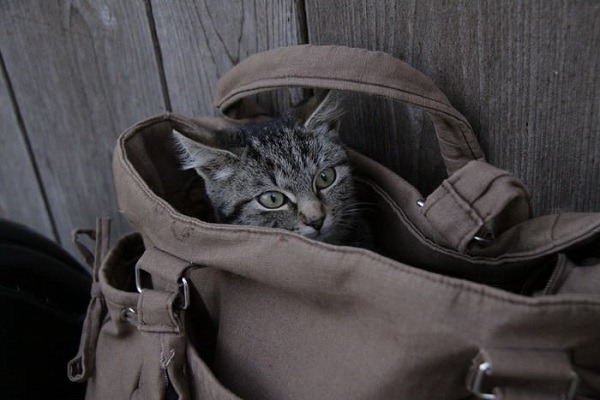If you love either linguistics or pigs, then you’ve come to the right place. If you aren’t particularly into either, but are fascinated by the peculiarities of humans, then you should probably stick around too. The English language is packed full of unusual sayings, many referencing our furry and feathered friends (and many referencing our old friend beer!) Anyway, it’s raining cats and dogs, like a wolf in sheep’s clothing, as quiet as a church mouse… we have many. Though, no animal pops up in idioms quite so much as the pig. Here are some of the stories behind our favorite piggy sayings.
Piggy Bank
We’re all used to piggy banks; it’s likely where we used to collect our pocket money. Some of us even still have them today, but where did the term piggy bank come from? Nowadays many are in the shape of pigs, but this isn’t where the name comes from. During the time of the Saxons in England, people kept their coins in little clay pots. The clay used to make them was of poor quality and colloquially known as pygg. Somewhere along the line, the pygg pot became the piggy bank. Nowadays this somewhat strange relationship between pigs and money is so commonplace that games such as Piggy Riches don’t even cause us to bat an eyelid! If you fancy getting your hands on a rich little pig to store your money in, then the piggy bank trade is alive and well but a recent piece from the Royal Mint could set you back a cool £100,000.
To Cast Pearls Before Swine
This saying originated in the seventh chapter of the Gospel of Matthew, where it was written ‘…neither throw your pearls before the pigs, lest perhaps they trample them under their feet, and turn and tear you to pieces’. Although the phrasing is slightly different nowadays this is undoubtedly where the idiom came from. During this period in history, in this part of the world, the pig was regarded as a filthy and unintelligent creature. Nowadays we know differently, but this saying was important in encouraging people not to give expensive or beautiful things to those who are too ignorant to appreciate them. In the most literal sense, the pigs will not appreciate the price and beauty of the pearls, because they cannot eat them, thus choosing to turn on the thrower instead. Today for example, this saying could be used to warn someone from giving their heart to somebody who does not deserve it.
A Pig in a Poke
Usually preceded by ‘don’t buy’ or ‘turns out to be’ this phrase literally means ‘buyer beware’. It dates back to the mid 1500s in Tudor England, where the trading of animals, sometimes in bags, was much more commonplace. The ‘poke’ in the phrase is a bag, coming from the French word ‘poque’. Interestingly this is where the term pocket comes from, as a small bag would be known as a poque-ette, poquette, pocket. If you were to buy a pig in a poke, you were buying the animal unseen; it could be that you bought a sickly pig, or it could be that you bought something which wasn’t a pig at all. This idea gave birth to the phrase ‘letting the cat out of the bag’. For example, if you were planning to buy a pig from inside a bag, but were worried it might not be a pig at all, you could find out by opening the bag and potentially letting the cat out. In this way, you could avoid buying a pig in a poke by letting the cat out of the bag. Isn’t English fascinating?


